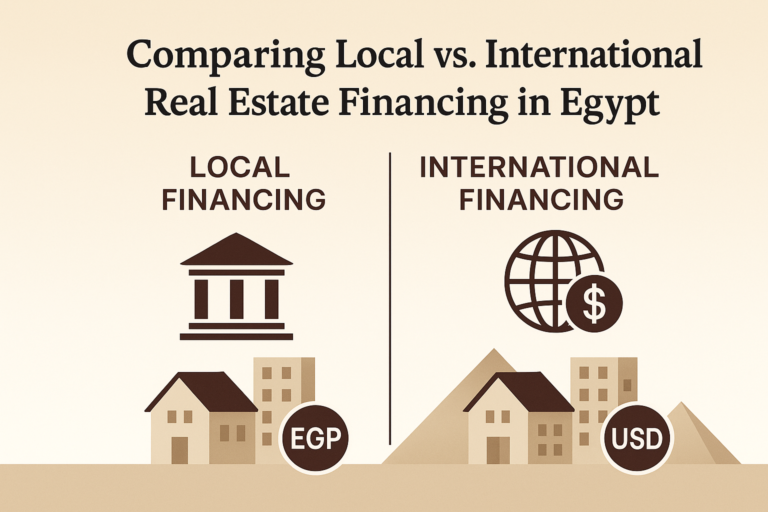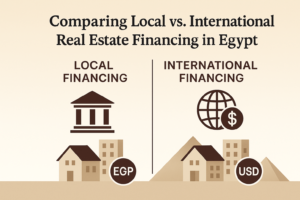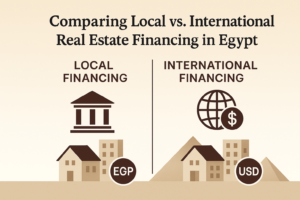When considering real estate investment strategies, investors often weigh two main options: purchasing a property versus leasing one for the purpose of subleasing it to tenants.
Each investment approach – property ownership or rent – comes with its own set of advantages and challenges that need to be carefully evaluated against your investment goals.
Investing in Homeownership
Purchasing a property is often seen as a long-term investment. Real estate always appreciates in value, leading to significant capital gains upon sale. Homeowners also benefit from stability in monthly payments, and have the freedom to modify their property to suit personal preferences.
However, buying a home requires a substantial initial outlay, including a down payment and closing costs. Homeowners are also responsible for ongoing maintenance, property taxes, and insurance, which can add up over time.
The Investment Perspective on Renting
One of the primary benefits of rental arbitrage is the lower upfront investment. Investors can enter the market without the need for a significant down payment or mortgage, allowing for a diversified investment portfolio. This strategy also provides flexibility, enabling investors to adapt to market trends and demand fluctuations.
However, rental arbitrage comes with its set of challenges. Investors do not build equity in the property, as they do not own it. Success depends on maintaining high occupancy rates and competitive pricing, which can be influenced by market saturation and seasonal demand. Additionally, managing short-term rentals requires time and resources, including handling bookings, cleaning, and guest communications. It’s essential to conduct thorough market research and ensure compliance with local regulations to mitigate risks.
Strategic Considerations for Investors
When deciding whether to buy or rent, consider the following factors:
Market Conditions: Analyze the local real estate market. In areas where property values are rising steadily, buying may offer better long-term returns. Conversely, in markets with stagnant or declining prices, renting might be more prudent.
Investment Diversification: Consider how buying a property fits into your overall investment strategy. Tying up a significant portion of your capital in real estate may limit opportunities in other investment avenues.
Personal Financial Situation: Assess your financial stability, creditworthiness, and long-term plans. Ensure that homeownership aligns with your financial goals and that you’re prepared for the responsibilities it entails.
In conclusion, both renting and buying have distinct implications from an investment perspective. By carefully evaluating market conditions, financial readiness, and personal objectives, you can make a decision that aligns with your investment strategy and long-term financial well-being.
Let us guide you in your Investment with consult , contact us to book your free consultation now.


























